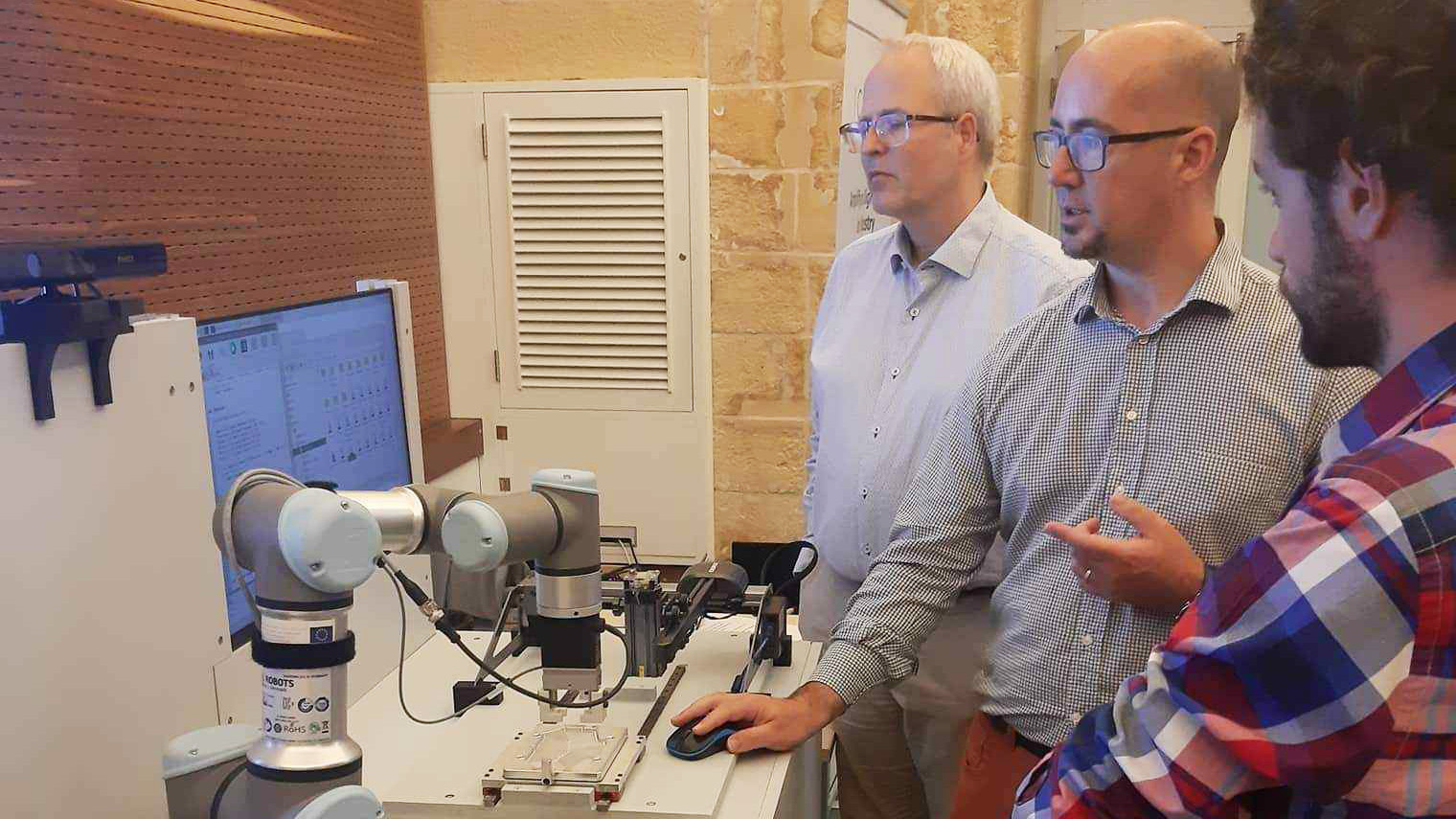A toolbox for the 4th Industrial Revolution

Digital technologies such as Artificial Intelligence (AI), Internet of Things (IoT) etc, provide new opportunities for the manufacturing industry. But the industry often lacks skills and knowledge when implementing cutting edge solutions. A cooperation between universities has resulted in free training material to close the skills gap.
The uptake of digital technologies within manufacturing industry has increased considerably in recent years. The rapid advance of technologies such as Artificial Intelligence (AI), Internet of Things (IoT), Collaborative Robotics, Augmented and Virtual Reality (AR and VR) are keys to “The 4th Industrial revolution”.
However, implementing new knowledge also comes with challenges. At the same time as industry stakeholders struggle in finding personal with the required knowledge to develop state of the art solutions, engineers do not always have the necessary skills to implement cutting edge solutions.
The Icarus project, addresses this challenge. KTH and the Department of Production Engineering (IPU), has collaborated with the University of Malta, Free University of Bolzano, University of Minho and the Politehnica University of Bucharest, since 2019 to come up with a solution to the problem.
“The aim of the Icarus project has been to specifically address skills gaps by developing openly accessible training material, which can be used by both educators and learners alike,” says Magnus Lundgren, Research Engineer at IPU.
The result is a set of free training content, including an e-learning platform, which contains the training material, a set of industrial case studies that complements this training content, as well as the design of an Industry 4.0 Mobile Training Unit. The content can be used either in face-to-face or purely in online teaching.
“The promising results of this projects have inspired a future cooperation between KTH and university of Malta. The Bliss project will investigate strategies of blended learning to increase the accessibility of Higher Educational Institution’s offer. Our starting point will be what we've learned during covid, and the ICARUS toolbox,” says Antonio Maffei, associate professor at IPU who coordinates the effort at KTH.
Contact
